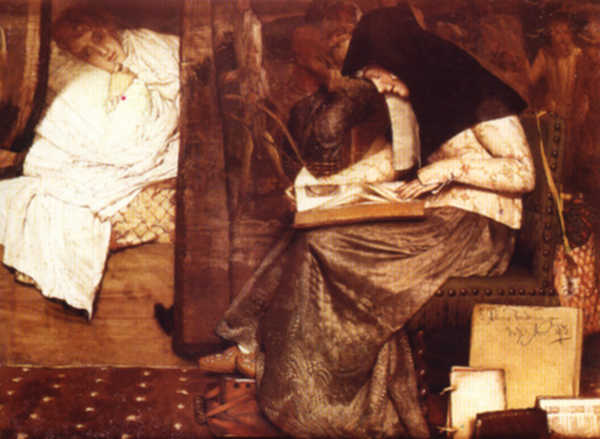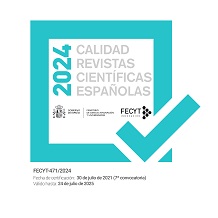CANCER-RELATED FATIGUE: IMPACT AND SCOPE OF THE PROBLEM.
Abstract
The Fatigue is one of the most frequent symptom among oncology patients , specially to whom are receiving any kind of treatment against cancer. The most significative symptoms and signs of Fatigue are asthenia, tiredness, lack of energy or weakness. The purpose of this study is to determine the perception of Fatigue of the oncology patients whom are receiving chemo or radiotherapy in our Hospital , their sensation grade of fatigue and how could modify it their quality of life. We tried to evaluate the intensity of Fatigue using the method described by Dr. Piper scale for these kind of patients. The outcomes obtained, indicates that in these patients the physical capacities are the most altered according to their own perception, and in a minor way the cognitive and affective ones. However in most of the cases (58%) the presence of this sensation of fatigue did not follow the circadian cycle , however all of them agree about the chronic nature of the fatigue, with presence of brief and higher picks. Anyhow, not existing some clear determinations of the fatigue mechanisms, an intervention are complex. From the point of view of nursing, it should be focused to the symptoms management and the emotional support mainly.Downloads
The works published in this magazine are subject to the following terms:
1. The Publications Service of the University of Murcia (the publisher) preserves the copyright of the published works, and encourages and allows the reuse of the works under the license for use stated in point 2.
© Servicio de Publicaciones, Universidad de Murcia, 2011 (© Publications Service, University of Murcia, 2011)
2. The works are published in the electronic edition of the journal under Creative Commons Reconocimiento-NoComercial-SinObraDerivada 3.0 España(texto legal) “ a Attribution-NonCommercial-NoDerivatives 3.0 Spain license (legal text)”. They can be copied, used, broadcasted, transmitted and publicly displayed, provided that: i) the authorship and original source of their publication (journal, publisher and URL) are cited; (ii) are not used for commercial purposes; iii) the existence and specifications of this license is mentioned.
3. Conditions of self-archiving. Authors are allowed and encouraged to electronically disseminate the pre-print (pre-reviewed ) and / or post-print (reviewed and accepted for publication) versions of their works prior to publication, as it ensures a wider circulation and dissemination which may lead to a possible increase in its mention and a higher scope among the academic community. RoMEO color: green.














